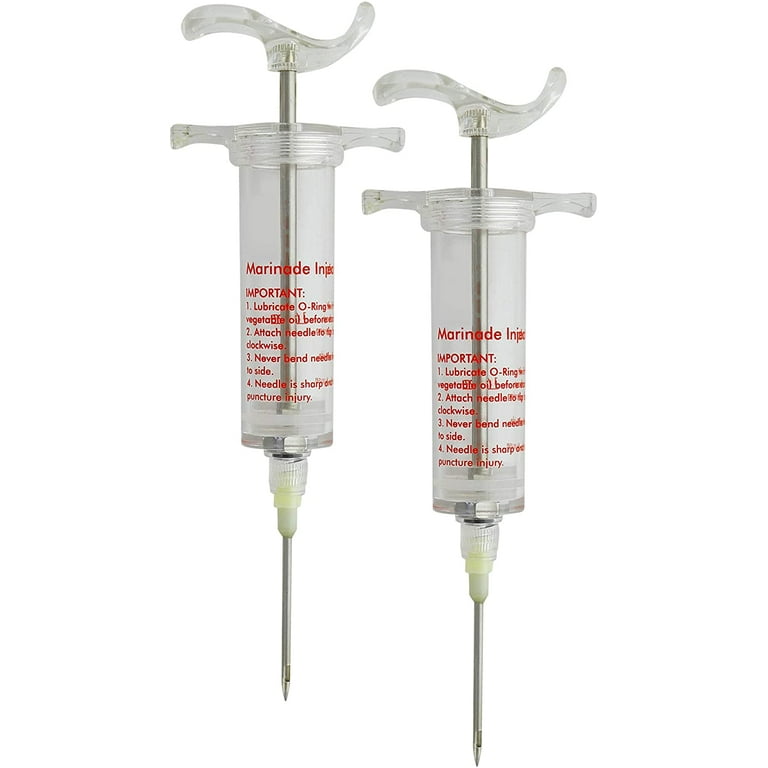When it comes to maintaining and prolonging the life of your O-rings, choosing the right lubricant is crucial. While there are various options available, one common question that arises is whether vegetable oil can be used to lubricate an O-ring.

Credit: www.walmart.com
Understanding the Role of Lubricants for O-Rings
Lubricants play a vital role in ensuring the proper functioning of O-rings. They help reduce friction between the O-ring and the surfaces it comes into contact with, preventing wear and tear. Additionally, lubricants can help create a tight seal, preventing leaks and contamination.

Credit: thebluebottletree.com
Can Vegetable Oil Be Used to Lubricate an O-Ring?
While vegetable oil may seem like a natural and readily available lubricant, it is not recommended for use on O-rings. When exposed to vegetable oils, rubber can become brittle due to the high levels of saturated fat present in these oils. This can cause the rubber to lose its elasticity, leading to potential failure.
Moreover, vegetable oil can also cause swelling in rubber components, further compromising their performance and longevity. Therefore, using vegetable oil as a lubricant for O-rings is not advised.
Safe Lubricants for O-Rings
When it comes to choosing a lubricant for O-rings, silicone oil is considered a safe and effective option. Silicone oil offers excellent lubricating properties without the risk of damaging the rubber material. It helps maintain the flexibility and resilience of the O-ring, ensuring optimal performance.
Additionally, food-grade silicone grease is another suitable lubricant for O-rings. It provides the necessary lubrication without causing any harm to the rubber material. It is important to avoid petroleum-based lubricants when lubricating O-rings, as they can lead to swelling and degradation of the rubber.
Best Practices for Lubricating O-Rings
When lubricating O-rings, it is essential to follow some best practices to ensure proper application and longevity of the seals. Here are some tips:
- Use a compatible lubricant such as silicone oil or food-grade silicone grease.
- Apply a thin, even coat of lubricant to the O-ring surface.
- Ensure that the O-ring is clean and free of any debris before applying the lubricant.
- Avoid using excessive amounts of lubricant, as it can attract dirt and impurities.
- Regularly inspect and maintain the O-rings to prevent premature wear and failure.
Frequently Asked Questions
Can I Use Vegetable Oil On A Rubber Seal?
Vegetable oil can cause rubber seal deterioration, making it brittle, less elastic, and prone to failure.
What Oil Is Safe For O-rings?
Silicone oil is safe for O-rings. Vegetable oil should not be used as it can cause swelling and reduce elasticity, leading to failure. Petroleum-based lubricants should also be avoided. Stick to food-grade silicone grease or silicone oil for lubricating O-rings.
Is Vegetable Oil Safe For Lubricants?
No, vegetable oil is not safe for lubricating O-rings. When exposed to vegetable oils, rubber can become brittle and swell, reducing elasticity and leading to failure. It is recommended to use silicone oil as a safe lubricant for O-rings. Vegetable oils may have lubricating properties, but they are not suitable for industrial or machinery lubrication.
Can I Use Vegetable Oil Instead Of Silicone Grease?
Yes, you can use food-grade vegetable oil as a substitute for silicone grease on O-rings.
Conclusion
While vegetable oil may have its uses in the kitchen, it is not a suitable lubricant for O-rings. To ensure the longevity and proper functioning of O-rings, it is essential to use compatible lubricants such as silicone oil or food-grade silicone grease. By following best practices for lubricating O-rings, you can maintain a tight seal, prevent leaks, and prolong the life of your rubber seals.


